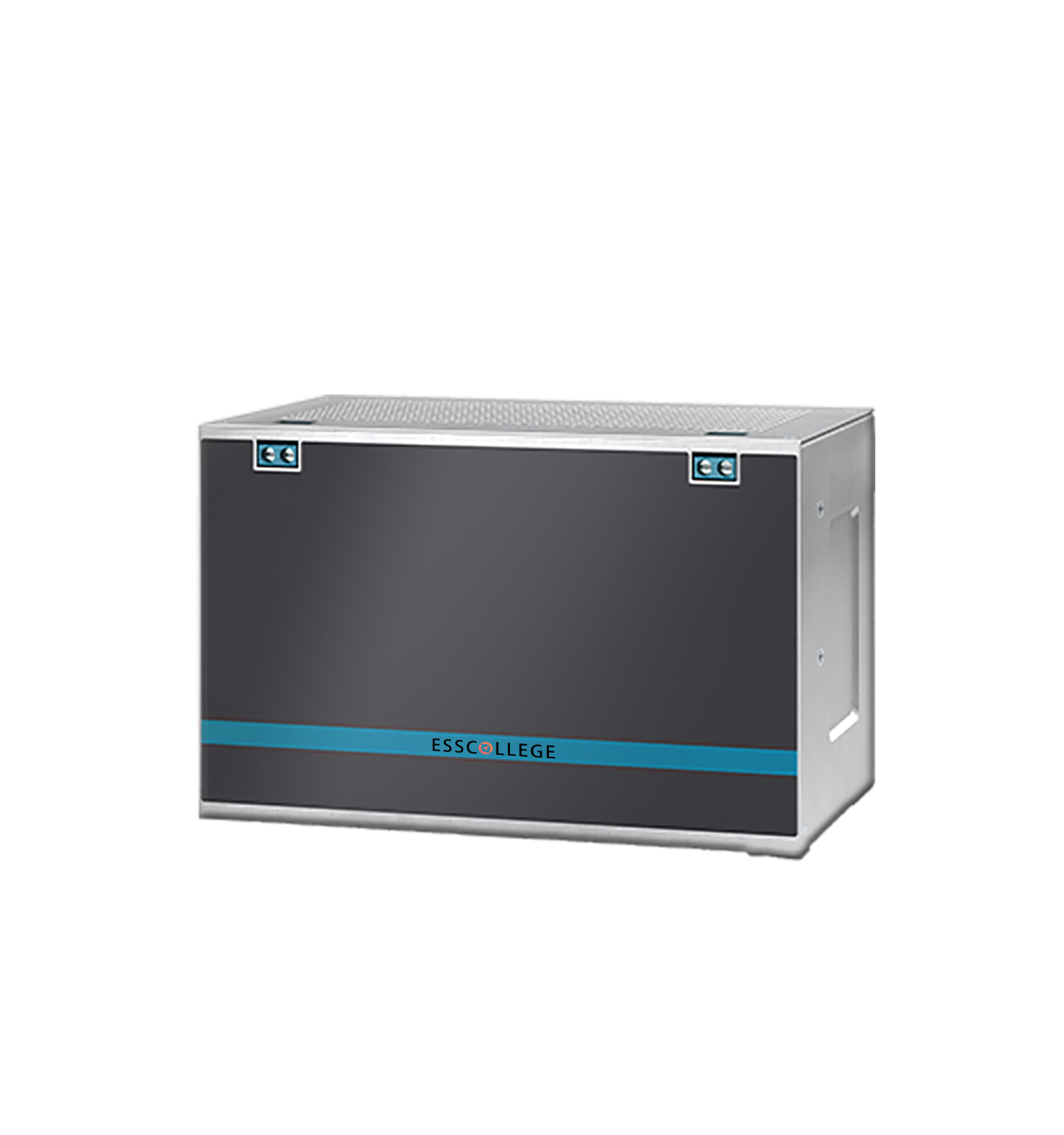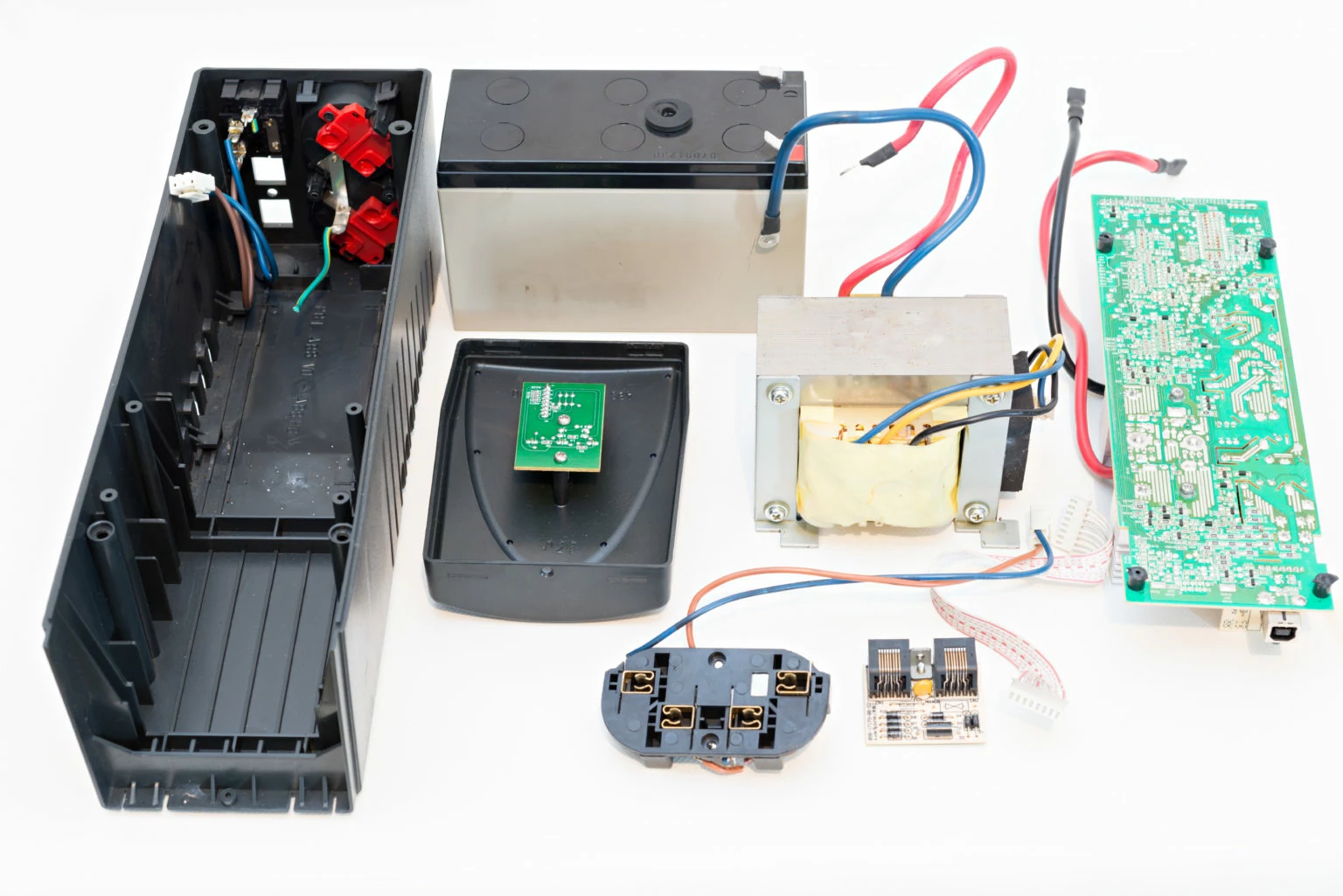UPS technical specifications
As an important part of modern power supply system, uninterruptible power supply (UPS) plays a key role in various application scenarios. To ensure efficient and reliable power supply, the technical specifications and performance indicators of the UPS are particularly important. In this paper, the specifications of UPS will be introduced in detail from four aspects: waterproof grade, charge and discharge capacity efficiency, cycle life and communication mode.
Main content
Waterproof class
The waterproof rating of UPS equipment is usually defined by the International Electrotechnical Commission (IEC) IP (Ingress Protection) rating standard. This rating consists of "IP" followed by two digits, with the first digit indicating resistance to solid objects (such as dust) and the second digit indicating resistance to water. For example, IP20 means that it has ordinary dust resistance, but it does not have water resistance. IP65, on the other hand, means that the device is completely dust-proof and resistant to strong water jets. In some specific industrial environments, such as medical, data center, manufacturing, etc., the waterproof level of UPS is required to ensure reliable operation of equipment in wet or dusty environments.
Charge and discharge capacity efficiency
Charging and discharging capacity efficiency is an important index to measure the energy conversion efficiency of UPS during charging and discharging. An efficient UPS system can quickly store energy into the battery when it is charged, while efficiently providing stored energy to the load when it is discharged. In general, the charging efficiency of an excellent UPS system can reach more than 90%, and the discharge efficiency should also be more than 90%. High charge and discharge capacity efficiency can not only reduce energy loss, but also reduce operating costs and improve the economy of the equipment.
Cycle life
Cycle life refers to the number of times the UPS battery maintains stable performance during the charge and discharge cycle. In general, the battery types used by UPS are mainly lead-acid batteries and lithium batteries, of which the cycle life of lead-acid batteries is usually between 500 and 1500 times, and the cycle life of lithium batteries can reach 3000 times or more. Cycle life depends not only on the chemical characteristics of the battery, but also on the depth of charge and discharge, charging method, environmental temperature and other factors. Therefore, when purchasing a UPS, you should choose the appropriate battery type and the corresponding cycle life according to the specific application scenario.
Communication mode
Modern UPS systems often have a variety of communication methods to monitor and manage equipment status. Common communication modes include RS232, USB, SNMP, Modbus, and so on. Through RS232 or USB interface, the UPS can be directly connected to the computer to achieve simple status monitoring and data acquisition. SNMP and Modbus are suitable for more complex network environments and can achieve remote monitoring and control. The choice of these communication methods not only affects the ease of operation of the UPS, but also directly relates to the management efficiency of the equipment and the system integration ability, so when choosing the UPS, you should carefully consider the communication method of your own needs.
CONCLUSION
As an indispensable power supply support device, UPS specifications directly affect the stability and security of the system. When purchasing UPS, you should focus on core indicators such as waterproof level, charge and discharge capacity efficiency, cycle life, and communication mode to ensure that the selected equipment can meet the specific application needs, thereby improving the operating efficiency and reliability of the equipment. By properly evaluating these specifications, users can better choose the UPS system that suits their needs and provides continuous and reliable power protection for critical loads.

UPS BATTERY SERIES
UPS (Uninterruptible Power Supply) batteries are an important component of power supply systems designed to provide stable power support for electronic devices.
THE ESSC Brand promise
Global supply
Our products sell well all over the world, covering many countries and regions, through the global logistics network, to provide customers with convenient purchasing experience.
Rigorous quality
We adhere to the highest quality control standards to ensure every product meets industry regulations and customer expectations, earning trust through consistent excellence.
Excellent service
With a customer-centric approach, we provide prompt responses, professional support, and personalized services, aiming to deliver the best user experience and long-term value.





